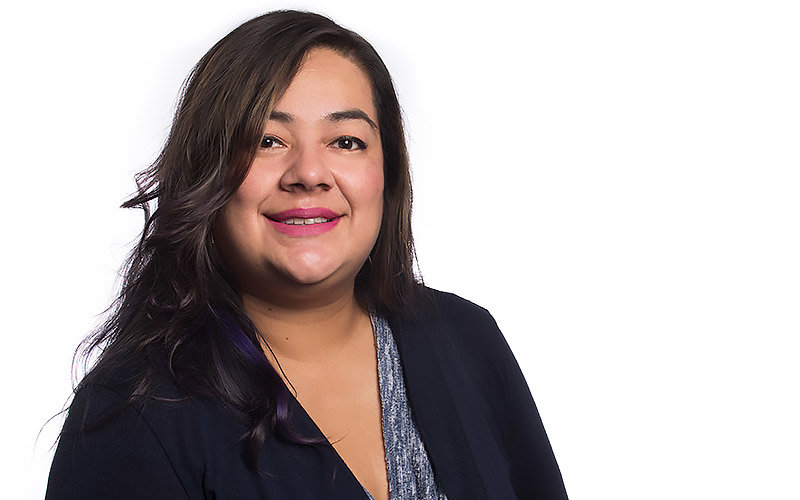
Educator Maritza Lozano’s research and practice have informed her 20-year career as a elementary school bilingual teacher, instructional literacy coach and literacy content expert.
Now, Lozano has joined Cal State Fullerton as an assistant professor of educational leadership. Fluent in Spanish, she taught elementary grades in Corona, held literacy expert positions in the Los Angeles Unified School District, and served as a teaching fellow at the University of Pittsburgh and as a fieldwork supervisor at California State University, Dominguez Hills.
Her most recent work involved a collaborative partnership with a K-12 school to support and improve student literacy. Lozano earned her doctorate from UCLA and master’s degree from Cal State Los Angeles, both in education. She also holds a bachelor’s degree in Spanish literary studies from Occidental College.
What inspired you to go into education?
My parents taught me the importance of education. As young immigrant parents, they endured many hardships to make sure that our family had the opportunities that they didn’t have. As a first-generation college graduate, I learned at a young age that educational opportunities were not equal. I wanted to help create change and so I began my career as an elementary school bilingual teacher in the same community where I grew up. I continued to develop as an educator and took on leadership roles within the district where I worked. Eventually, I decided to pursue graduate study to learn more about the systemic factors that contribute to issues of equity and access in education.
What are your research interests?
I focus on understanding how to best design learning experiences in schools. I examine the learning experiences of students, teachers and school leaders to understand what works best, under what conditions, and to support education reform and improvement, especially in schools that serve culturally diverse students.
What do you hope students learn from your teaching?
My hope is that students take the tools they learn to better understand their respective workplaces, and design learning experiences that support education reform and improvement. In the process, my hope is that they learn the importance of building relationships with all community members and learn ways to bring them all to the table. The goal is that they understand that to improve education, everyone’s voice and experience matters.
What would you like others to know about your field of study?
We have a tremendous opportunity to improve education. By continuing to advance the work of practitioners, alongside that of researchers, we can achieve educational equity and access.